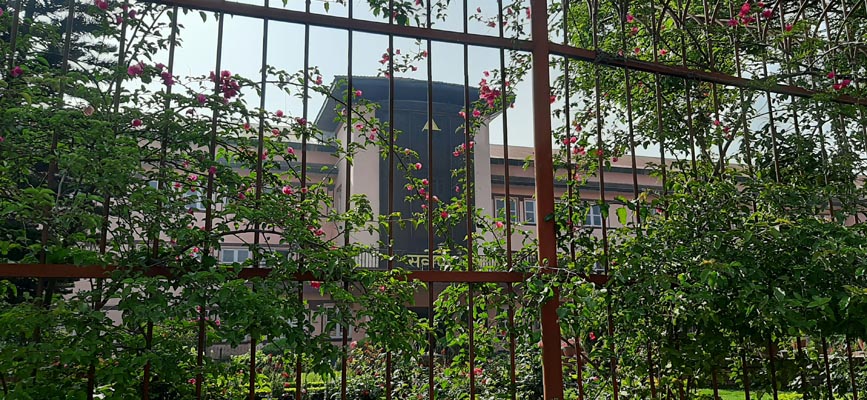SC acquits defendant convicted of trafficking
The SC invoked Section 144 of the new penal code to rule in favour of Shobha Badi
Kathmandu, February 10
In a precedent setting case, the Supreme Court has overturned the verdict of Surkhet District Court that held Shobha Badi guilty of human trafficking, whose guilty verdict had become final as she did not contest her case.
The verdict was delivered by a division bench of justices Ishwar Khatiwada and Hari Prasad Phuyal on July 25 last year, the full text of which was prepared recently.
Shobha Badi, a resident of former Rakam Village Development Committee-6, Surkhet was convicted of human trafficking by Surkhet District Court on 6 May 2014 and slapped a jail sentence of 10 years and a fine of Rs 50,000.
The lower court had observed in its verdict that Shobha Badi had taken Pan Kumari (name changed), 18, to neighbouring country India on 10 June 2011 with the intention of selling her there.
Appellate Court, Surkhet, had, on 10 December 2014, endorsed the lower court’s verdict.
Stating that trial in absentia is generally considered to be against the principle of natural justice, the Supreme Court said that the victim’s statement that she fainted after being fed a banana by the defendants and later she was brought back to Nepal from India by the defendants after she accused them of trafficking her to India was not reliable.
The Supreme Court said that the victim recorded her statement wherein she did not accuse the defendants and said that police had made her sign the deed without reading out the contents of the document to her.
If a court convicts a defendant on the mere basis of a police deed, which is not reliable, then the purpose of justice cannot be served. It would be miscarriage of justice or gross injustice if a defendant is convicted just because she has not contested her case in the court, the Supreme Court observed.
On the question of Shobha Badi not contesting the case, the Supreme Court said: Sometimes a case party fails to file a memorandum of appeal due to ignorance, poverty and lack of access to justice and if s/he is convicted just because s/he did not contest the case in the court, then the purpose of justice won’t be served.
The SC invoked Section 144 of the new penal code to rule in favour of Shobha Badi saying it would have been impossible for it to rule in favour of her if it had to invoke Section 205 of Court management chapter of the General Code which had authorised the appeal hearing court to overturn the lower court’s verdict, but while doing so, the court should also decide about other litigants who had lost the case but did not file the appeal memorandum of appeal.
In this case, government attorneys had filed the memorandum of appeal seeking compensation from Shobha Badi for the victims, which the lower court refused to accept due to the victim’s retraction of statement in the court.
The SC said that it invoked Section 144 of the new penal code that gave court of appeal extraordinary power to act as a court of first instance if necessary.
The SC also said that this provision should be carefully invoked when there are chances of gross injustice for defendants.
The lower court had acquitted two other defendants in the case — Lila Badi and Binod Nepali.






